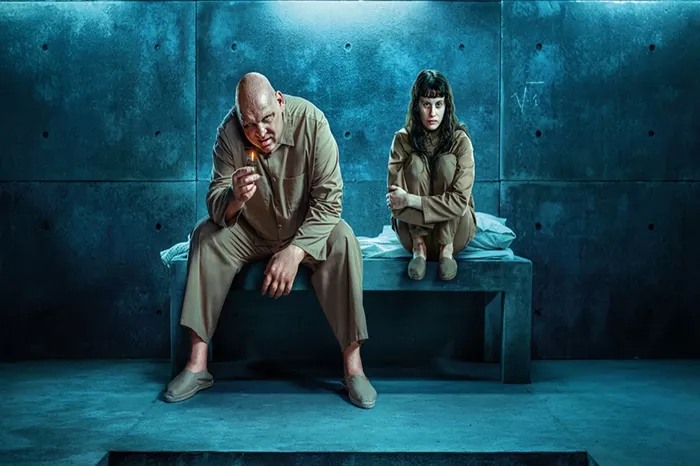The release of The Platform 2 offers a stark departure from its predecessor, The Platform, transforming its narrative into a metaphorical commentary on organized religion. This sequel delves into the evolution of human existence, juxtaposing its themes against the backdrop of a pandemic-affected world. While the original film resonated with audiences during its release in 2020, The Platform 2 struggles to replicate its impact, often feeling like a rehash of familiar concepts.
A Similar Yet Different Experience
Released during the early stages of the pandemic, The Platform became a cultural phenomenon, presenting a fantastical narrative about mass incarceration that seemed to diverge from the reality of the time. Its potent symbolism and social commentary echoed throughout the film. Unlike other sequels, such as Joker: Folie à Deux, which creatively expanded its narrative, The Platform 2 resembles Bird Box: Barcelona, in that it opts for an over-complicated storyline that detracts from the original’s minimalist charm.
The sequel opens within the confines of The Pit, a vertical prison structure featuring a central hole through which food is distributed. Here, inmates face the grim reality of limited resources, reminiscent of the original film’s premise where food scarcity forces them into survival mode. However, The Platform 2 initially mirrors its predecessor too closely, leading to feelings of redundancy until a dramatic shift occurs in the second half, revealing a more grandiose narrative.
The Characters and Themes
In The Platform 2, the protagonist, Perempuan, encounters a fellow inmate named Zamiatin, who struggles to navigate the harsh honor system of The Pit. The film introduces a Christ-like figure, The Master, whose self-sacrifice inspires a reexamination of the unspoken rules governing the inmates’ behavior. Some inmates, portrayed as almost militant, rigorously enforce these rules, leading to violent consequences for those who defy them.
The sequel retains the original’s exploration of greed, consumerism, and social inequality. However, the narrative unfolds in a predictable cycle, as the inmates repeatedly fall victim to their destructive tendencies. What was once an experiment to encourage empathy reveals humanity’s inherent selfishness during crisis situations.
A Familiar Narrative Falls Flat
Despite the film’s ambition, The Platform 2 lacks the novelty that characterized the first installment. It thrusts viewers directly into the plot without any context, and director Galder Gaztelu-Urrutia’s attempts at an engaging third act introduce elements that may alienate audiences. The narrative becomes cluttered with new characters, including a blindfolded leader named Dagin Babi, whose introduction fails to evoke the same depth of connection found in the original film.
While The Platform 2 attempts to expand its world-building, it often contrasts sharply with the straightforward narrative style of its predecessor. The simplicity and striking nature of the first film are noticeably absent, replaced by less relatable characters and diluted ideas. Had the original not set a high bar, The Platform 2 may have stood out more effectively. However, in light of its predecessor, this sequel ultimately feels like a missed opportunity, failing to deliver the powerful commentary that made the first film resonate.
Related topic:
Sir Steve McQueen’s “Blitz” to Open London Film Festival
San Quentin Featuring Documentary “Four Letters”
Where Can I Watch Beverly Hills 4?

